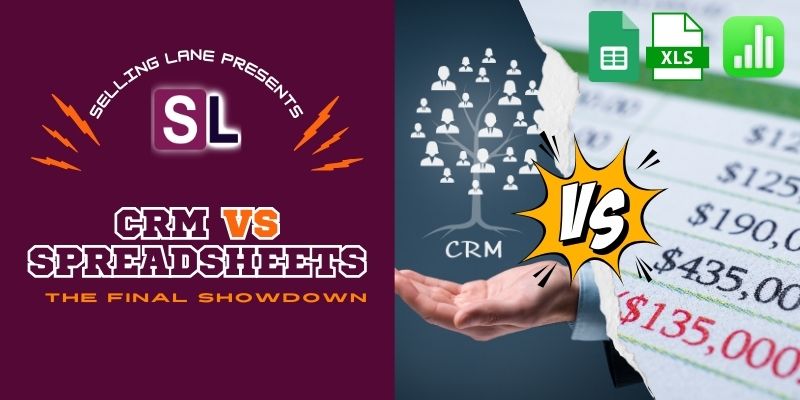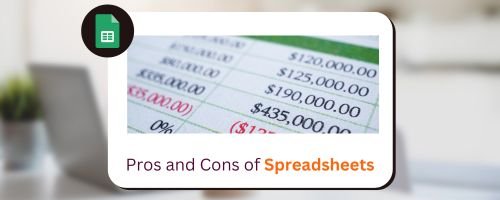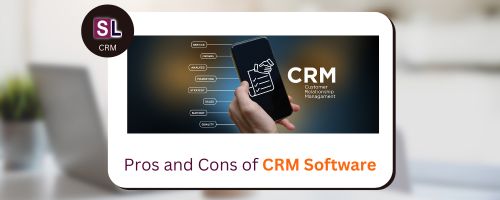
No CRM = Poor Performance
Unresolved problems always lead to poor results, it’s inevitable, that if you let things simmer, the pot will over boil. So, yes, a lack of CRM can lead to performance issues for businesses of all sizes, but especially for small businesses. Without a CRM system, it can be difficult to track and manage customer interactions, sales pipeline, and marketing campaigns. This can lead to lost sales opportunities, poor customer service, and decreased profitability.
Here are some of the specific performance issues that can result from not using a CRM system:
- Lost sales opportunities: Without a CRM system, it can be difficult to track and manage your sales pipeline. This can lead to lost sales opportunities, as you may not be able to follow up with leads in a timely manner. Without tracking, you might miss out on chances to sell or follow up.
- Poor customer service: Without a CRM system, customers might have to wait longer or repeat themselves, if you don’t have their history handy. It can be difficult to track and manage customer histories with pen and paper or spreadsheets. This can lead to poor customer service, as you may not be able to provide your customers with the level of support they expect.
- Decreased profitability: Without a CRM system, it can be difficult to track and measure your sales and marketing performance. This can make it difficult to identify areas where you can improve and increase your profitability.
- Slower response times: Without a CRM, it takes longer to find customer info and reply to them. And you might miss inbound leads that are sitting in your email, as opposed to getting an alert from your CRM. the first thing you’ll notice with a new CRM is that it organizes your sales workflow, giving you the ability to upsell and respond to customers as opposed to the quagmire of pen and paper.
- Mistakes happen more: It’s easy to mix up details or forget things when you don’t have a system.
- Harder team communication: as you get bigger, a CRM becomes more important because without one, team members might not know what others are doing, leading to confusion. this can lead to multiple calls to the same customer, making your company look less professional
- Tough to set goals: Without clear data, it’s hard to know where to aim or how to improve.
- Wasted time: Doing tasks manually or searching for info takes up time you could use better.
- Slow growth or stagnation: Without a CRM, it’s harder to see opportunities and plan for the future.
- Stress and burnout: Managing everything without a system can be overwhelming and tiring.
- Less growth: If you’re always catching up or fixing mistakes, it’s hard to grow your business.
Overall, a lack of CRM can have a significant negative impact on the performance of your business. If you are not using a CRM system, I encourage you to consider implementing one. There are a number of affordable and easy-to-use CRM systems available, including Selling Lane, so there is no excuse to not use one. Try it for a month, you’ll see


 Do you have a lot of customer data that you need to keep track of?
Do you have a lot of customer data that you need to keep track of?





 A CRM is like a digital helper for businesses. Here’s how it can help you:
A CRM is like a digital helper for businesses. Here’s how it can help you:

